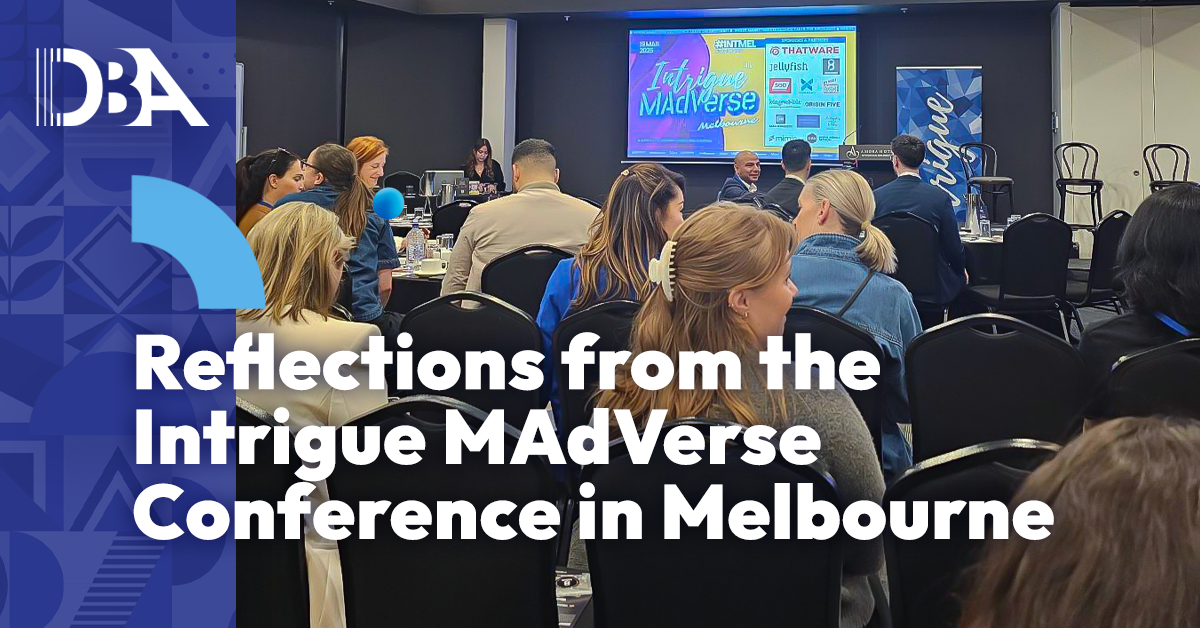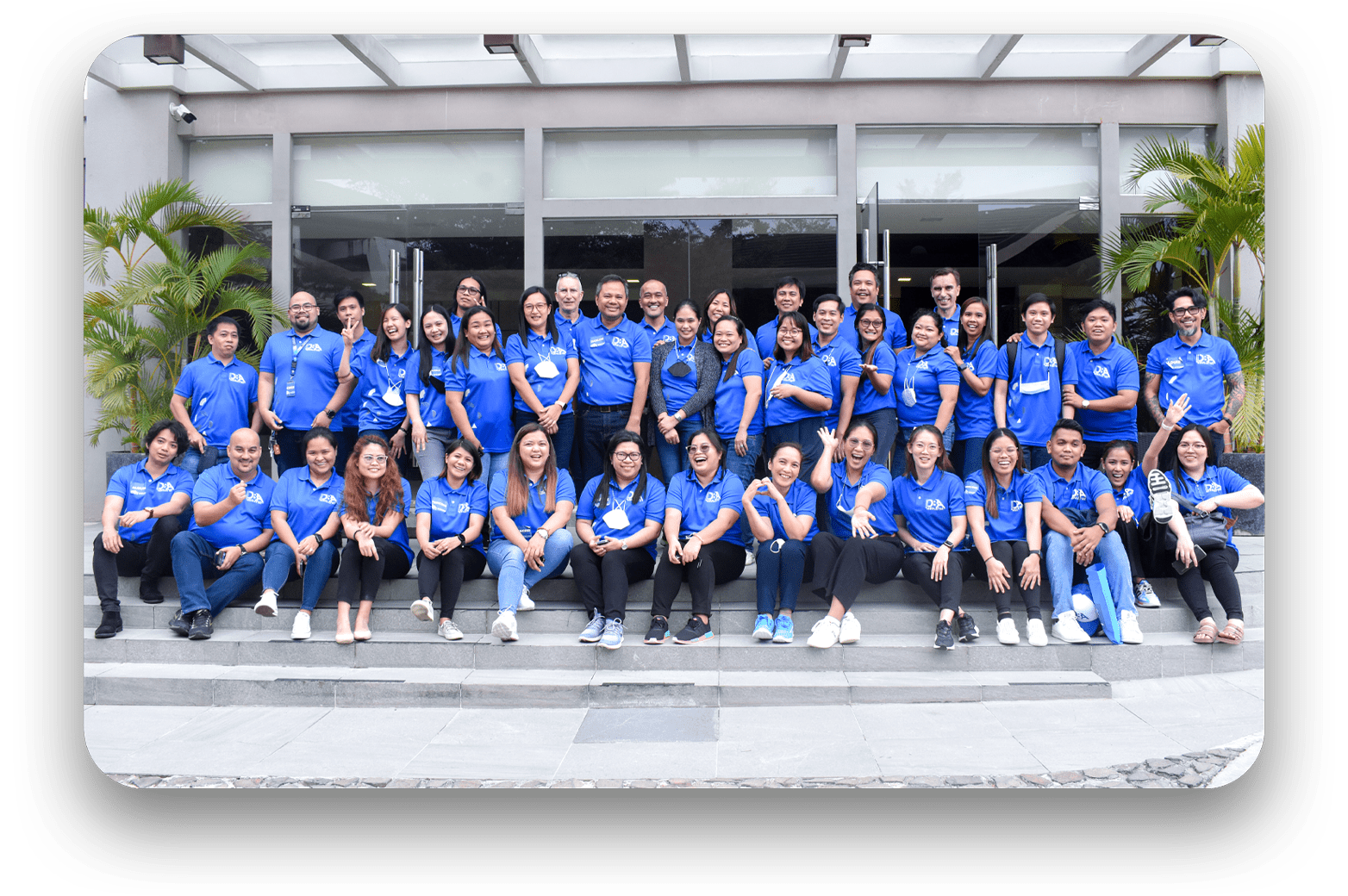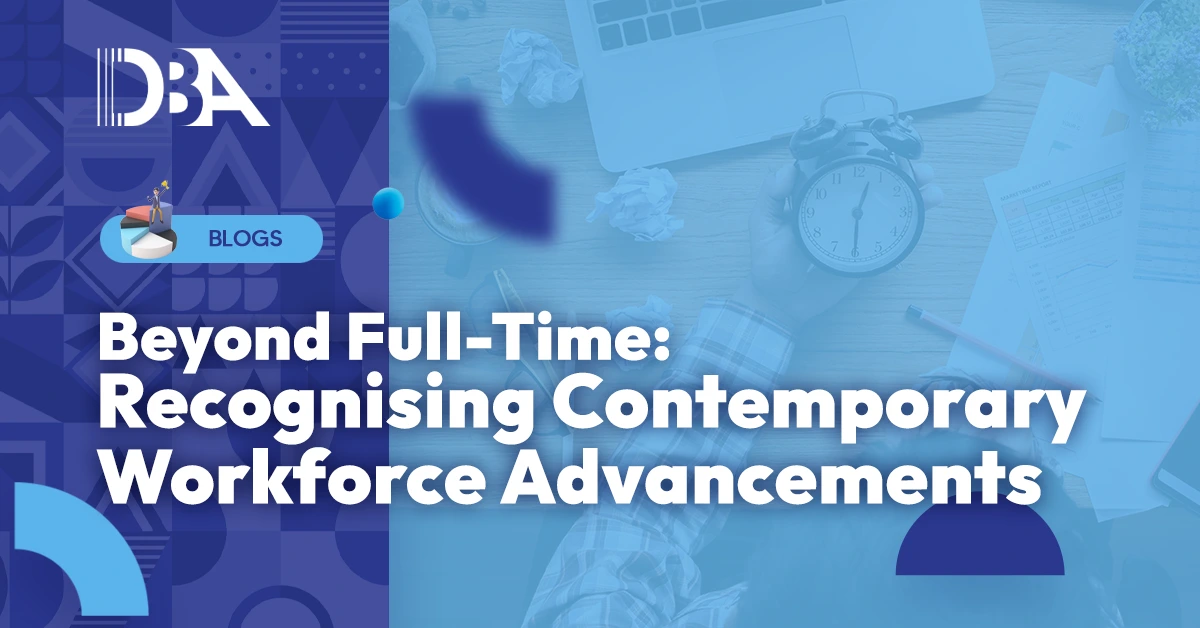The traditional office structure is rapidly transforming as companies increasingly recognise the need for flexibility, collaboration, and innovation in the workplace.
As a result, many organisations are acquiring an agile work mindset to stay ahead in an ever-evolving business landscape. But what does ‘agile’ really mean in this context? How does embracing agile work approach help companies adapt to the shifting demands of a dynamic workforce and business environment?
What is an Agile Work Mindset?
The term agile is a popular word used in workplace discussions, especially after the onset of the pandemic. The term was originally from the software development industry but has been adopted by various fields aiming to address the ever-changing consumers requirements. Nowadays, agile methodologies have become a key component in work management.
An agile work mindset refers to a set of attitudes, beliefs, and behaviours that enable employees to be flexible, collaborative, and focused on continuous improvement. It also refers to the team’s ability to swiftly adjust to external factors, allowing them to deliver exceptional results.
Acquiring an agile work mindset helps businesses boost productivity, encourage creativity, and better meet customer needs. Furthermore, adopting this approach in the workplace allows people to feel empowered in making decisions, sharing ideas, and working with others.

93% of organisations with an agile work approach reported better customer satisfaction than non-Agile teams.
Foundations of an Agile Work Approach
To have a successful agile mindset in work, an organisation must be built on four pillars:
• People over Tools
An agile work mindset prioritises regular communication among team members to ensure that everyone feels valued and engaged. While processes and tools are important, they should only support the people working on the project rather than be the focus. In this pillar, the success of the project is believed to be dependent on the strength of collaboration and interaction within the team.
• Working Deliverable over Fixed Documentation
Traditional project management models often involve creating exhaustive documentation before any work begins. The second pillar rejects this approach and advocates for a documentation process based on the working deliverable. This means that teams must be prepared to create an iterative plan, rather than working on detailed ones that are subject to change as the project progresses. Thus, the principle ensures that teams can respond swiftly to changes or feedback for a more efficient and user focused process.
• Adaptability over Rigidity
An agile work mindset means being quick, resourceful, and adaptable. Agile teams see change as a chance to improve, not something to fear or resist. In contrast to traditional methods with strict structures, agile teams focus on being flexible to achieve the best results. This flexibility is especially important in fast-changing industries where markets and technology evolve quickly.
• Customer Collaboration over Contracts
Having a flexible partnership between the team in-charge and users is important in agile work. Instead of setting strict expectations, this approach encourages regular feedback from customers during the development process. Thus, helping ensure the final product meets their needs and expectations. Moreover, with the early involvement of the consumers, the team lowers the risk of misunderstandings and wasted work. Hence, this approach also builds trust and allows teams to quickly adjust when needs change, ensuring the product provides real value.

Benefits of Acquiring an Agile Work Mindset
Embracing an agile work approach enables organisations to build a more engaging, efficient, and productive workplace. These are some of its advantages:
1. Faster Response to Change
Adopting an agile work mindset enables organisations to quickly adapt to changing market conditions. This includes technological advancements, shifting customer needs, and evolving industry trends, among others. As change becomes a natural part of daily operations, teams become more flexible, and they can implement new strategies in real time. This adaptability enhances their resilience and empowers them to capitalise on emerging opportunities.
2. Better Teamwork
An agile work approach emphasises teamwork and open communication. This creates a collaborative culture that fosters innovation, boosts employee morale, and drives improved outcomes. In such environments, employees are encouraged to share ideas and provide feedback openly, leading to a more dynamic, efficient, and responsive workplace.
3. Increased Efficiency
Organisations acquiring an agile work mindset focus on delivering results depending on the feedback received. Through continual planning, executing, and reviewing, teams quickly amend the changes and immediately improve their processes. This allows for incremental improvements and ensures that the final product meets the needs of the end users.
4. Innovation and Creativity
The agile work mindset thrives on experimentation and adaptability. It creates an environment where employees are encouraged to think creatively and challenge conventional approaches. By eliminating rigid structures and embracing flexibility, teams can tackle problems with fresh approaches and develop innovative solutions. This mindset helps address immediate challenges. More importantly, it leads to groundbreaking ideas that fuel long-term growth and success.
5. Better Consumer Solutions
Agile organisations consider the preferences of consumers all throughout the development until the service delivery. The active participation of customers in the process gives teams the opportunity to guarantee that their offerings align with real-world demands. Moreover, this client-centric approach builds trust, enhances satisfaction, and fosters lasting loyalty. In fact, 93% of organisations with an agile work approach reported better customer satisfaction than non-Agile teams.
The Role of Outsourcing in Acquiring an Agile Work Mindset
Acquiring an agile work mindset is important for companies looking to stay relevant in today’s digital age. But to truly embrace agility, they must act fast. Because focusing on every aspect of the business at once can be overwhelming, outsourcing certain tasks to competent professionals can help streamline processes and allow the company to adapt quickly to changes in the market.
This combination can ramp up the quality of work. In fact, by leveraging the expertise of external partners, companies can benefit from fresh approaches and innovative solutions that may not have been considered otherwise.
Acquiring an agile work mindset is important for companies looking to stay relevant in today's digital age.
Your Partner in Staying Agile

As markets continue to evolve, agility will remain a key determinant of success. Organisations embracing an agile work mindset can have an edge in responding quickly to changes. However, integrating agility into an organisation’s culture demands commitment at all levels. This can be overwhelming and a headache for most.
This is why agile companies opt for an outsourcing partner that offers access to specialised resources and proficiency that are essential for sustaining agility. Moreover, with a reliable outsourced partner, companies can outperform competitors and achieve sustainable growth.
At DBA, we champion agility by fostering a culture of continuous learning and adaptation. Our approach ensures flexibility and scalability, empowering us and our partners to respond swiftly to shifting market demands. By blending an agile work mindset with strategic outsourcing, we deliver innovative solutions that drive long-term success for our clients.

Aureen Kyle Mandap, DMP

Aureen Kyle Mandap, DMP
Share


DBA’s Global Head of Sales and Marketing, Jason Ryan recently attended the Intrigue MAdVerse Conference in Melbourne, where key insights around the evolving concept of “value” were shared. His takeaway: value is not just a concept—it’s an experience that is deeply human. At DBA, we are committed to embracing innovation while staying rooted in empathy, creativity, and connection to build a future where technology and humanity thrive together. Read more of his insight here!

Jason Ryan CFP, DBA’s Global Head of Sales and Marketing, attended the Symphony Conference in February, hosted by Fin365, Principals Community, and Netwealth. The event brought together industry leaders and professionals to discuss the latest trends and strategies in the financial services sector.






© 2024 DBA. All Rights Reserved.





